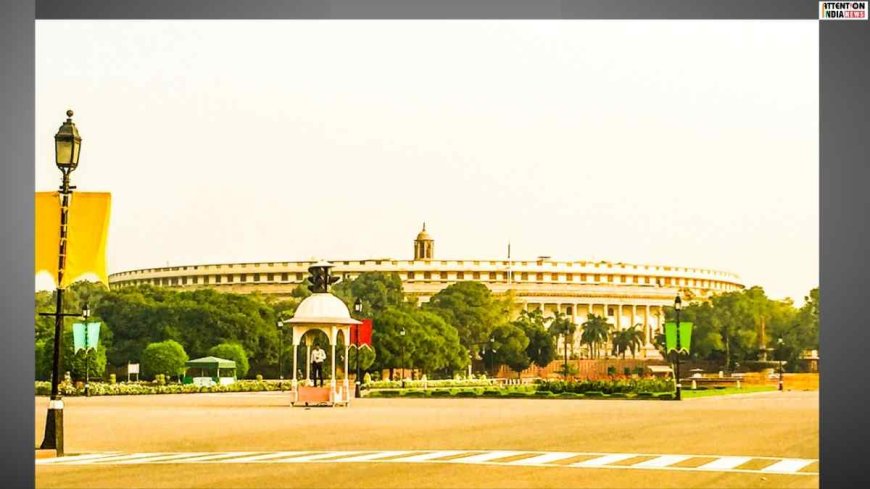Draft Bills Seek Automatic Removal of Arrested Leaders, Spark Sharp Political Backlash in Parliament
According to proposed anti-corruption draft rules, a prime minister, chief minister or minister who faces accusations carrying a minimum five-year jail sentence will lose their position if they are arrested for 30 days in a row.

New Delhi (India) August 20: The government prepares to introduce three controversial bills. The bills will require the removal of the prime minister, union minister, chief minister or minister of state or union territory. This happens if they are imprisoned for 30 days in a row on serious criminal charges. A fierce session of the Lok Sabha is anticipated on Wednesday.
Centre set to introduce three controversial bills
The Union Home Ministry will present the proposed laws. These include the Government of Union Territories (Amendment) Bill 2025, the Constitution (One Hundred and Thirtieth Amendment) Bill 2025, and the Jammu and Kashmir Reorganisation (Amendment) Bill 2025. There are also plans for Home Minister Amit Shah to propose a proposal to refer the measures to a joint parliamentary committee.
The three controversial anti-corruption draft laws say that any Prime Minister, Chief Minister, or Minister who is detained for 30 consecutive days on accusations that involve a sentence of five years or more will be removed from office on the 31st day.
Opposition warns of misuse against elected state governments
The opposition, however, has voiced strong opposition to the proposed legislation. They claim that the central government plans to enact laws to bring down non-BJP governments. They will have opposition chief ministers arrested by "biased" central agencies. It disregards them from office shortly after their "arbitrary" arrest.
The Congress claims that the ruling party wanted to use the legislation to remove opposition chief ministers after they were unable to win the election.
Recent high-profile arrests cited
The government's action is in the context of previous scandals. The scandals include prominent figures, including Tamil Nadu minister V Senthil Balaji and former Delhi chief minister Arvind Kejriwal. They remain in office while jailed.
Arvind Kejriwal was the chief minister of Delhi at the time. He had just refused to step down after being jailed in connection with a liquor "scam". He was imprisoned for several months. Kejriwal did not step down until he was released on bail.
The statement of objects and reasons of the Bill by Mr. Shah says, “the elected representatives represent hopes and aspirations of the people of India. It is expected that they rise above political interests and act only in the public interest and for the welfare of people. It is expected that the character and conduct of Ministers holding the office should be beyond any ray of suspicion.”
According to the statement, a minister who is accused of serious criminal offenses, arrested, and held in custody can hamper or delay the principles of good governance and constitutional morality. It will ultimately destroy the public's constitutional trust in government.
Until now, ministers were allowed to remain in their positions after their arrests. This was justified by the idea that no one should be punished before being found guilty. Ministers and chief ministers who faced arrests resigned till a few years ago. However, the convention was recently violated more, as a number of ministers remained in their positions after their detention.

 Aadrika Tayal
Aadrika Tayal 





